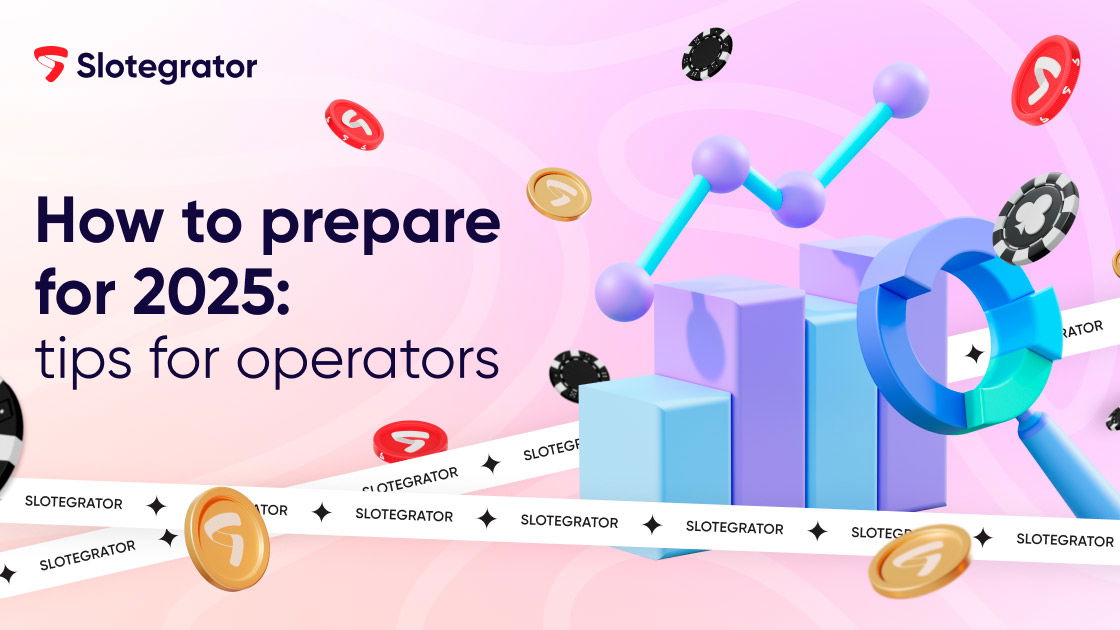UK: 82% of vulnerable online gamblers back in control, GAMSTOP reports

According to a report issued last month by GAMSTOP, their 2018 exclusion scheme has shown an encouraging impact on vulnerable consumers despite the pandemic, which provided a scenario prone to general relapse.
The study conducted by the consultant Sonnet, carried out through interviews with 3,300 users, showed that 82% of GAMSTOP consumers have stopped or reduced their gambling since registration, 84% of consumers felt safer from gambling after registering with GAMSTOP, and 80% assured that the self-exclusion scheme had delivered on their intended outcomes.
Whether the users’ goal was a reduction or a full stop to gambling, according to the report, the most significant improvements involved an increase in confidence and a stronger feeling of control, improvements in anxiety and stress levels, better bonding quality with friends and family, focus gain at work and a decrease in alcohol consumption.
The report recommendations for the company include:
- Longer self-exclusion periods, as the maximum set for consumers is of five years, and it has been the choice of preference for 71% of registered gamblers.
- Helping consumers to access specialist support and actively engaging with family and friends of consumers given the fact that only 28% of them had the support of their loved ones, with many too embarrassed or ashamed to seek help.
- Responding to threats posed by unlicensed gambling websites as the ban control was proved to be unsuccessful for more than 10% of the surveyed users.
- More research into the harmful effects of advertising, given the fact that consumers express they are aware of their vulnerability and want greater protection.
- Reaching out to older age groups more generally, together with specific initiatives aimed at people with below national average income, as women over the age of 44 have made up 53% of all women surveyed.
According to GAMSTOP's press release, more than 200,000 gamblers have registered to their program since the scheme’s inception in 2018.
“This study very strongly shows that GAMSTOP is succesfully achieving a reduction in gambling-related harm with far reaching positive impacts for consumers”, chief executive Fiona Palmer said. “Our research highlights that it is effective both in terms of delivering consumers’ objectives but also in alleviating a wide range of gambling-related harms”.
Read the full report here.















































